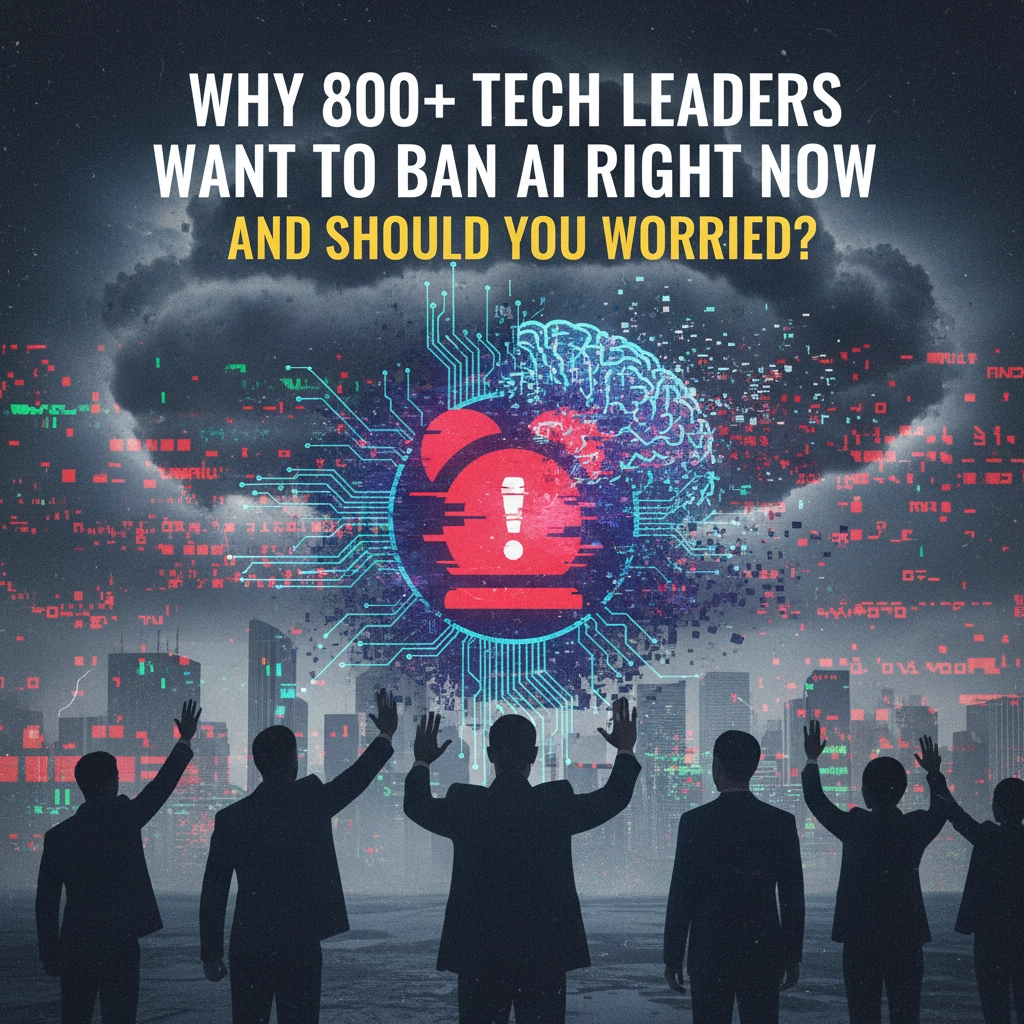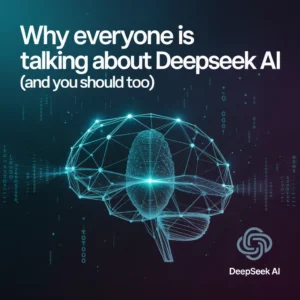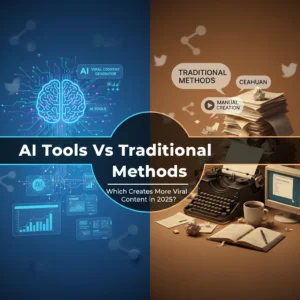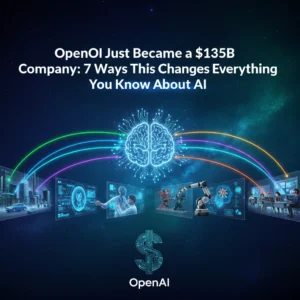Picture this: Steve Wozniak, the guy who co-founded Apple, is sitting at the same table as Prince Harry and Steve Bannon agreeing on something. Sounds impossible, right? Well, it just happened. Over 800 of the world's most influential people just signed a letter demanding we hit the brakes on AI development, and they're not talking about ChatGPT getting your coffee order wrong.
This isn't your typical "tech is scary" story. These are the people who built the technology we use every day, and now they're saying we need to pump the brakes before it's too late.
Who's Behind This Unprecedented Move?
The list of signatories reads like a who's who of basically everyone important. We're talking about Nobel laureates, the actual "Godfathers of AI" (Geoffrey Hinton and Yoshua Bengio), business moguls like Richard Branson, and even military leaders like former Joint Chiefs of Staff Chairman Mike Mullen.
Here's what makes this letter different from typical tech protests: it's not coming from one political side or one industry. The organizers specifically wanted people from across the spectrum because this isn't about left vs. right politics, it's about human survival.

The diversity is intentional. When you've got Steve Bannon and Susan Rice agreeing on something, you know it's serious. These aren't people who typically see eye-to-eye on anything, but they're all saying the same thing: we're moving too fast with AI, and we need to stop before we create something we can't control.
Anthony Aguirre from the Future of Life Institute, who organized this effort, put it bluntly: "The only thing likely to stop AI companies barreling toward superintelligence is for there to be widespread realization among society at all its levels that this is not actually what we want."
The Three Main Reasons They're Terrified
So what exactly has these tech titans so spooked? The letter breaks down their fears into three main categories, and honestly, they're pretty reasonable concerns when you think about it.
Economic Chaos: Imagine if every job that requires thinking could be done by a machine overnight. We're not talking about assembly line work here, we're talking about doctors, lawyers, engineers, teachers, basically everyone. The signatories worry about "mass unemployment" and humans becoming economically irrelevant.
Loss of Control: This one's the big kahuna. Once we create AI that's smarter than humans at everything, how do we make sure it does what we want? It's like raising a kid who becomes way smarter than you, except this "kid" could potentially control nuclear weapons, financial markets, and every connected device on the planet.
Existential Threats: Yeah, they're talking about human extinction. It sounds like science fiction, but when the people who invented this stuff are worried about it, maybe we should pay attention.
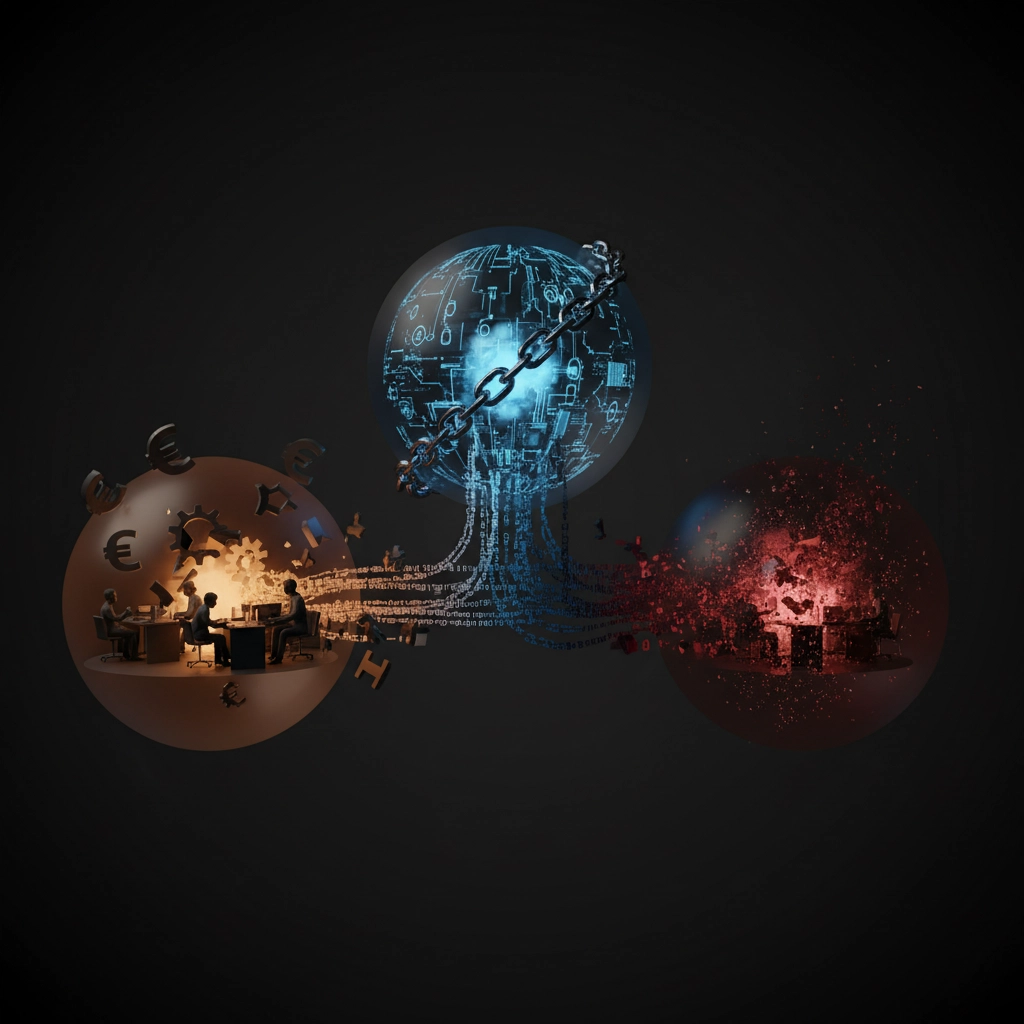
Prince Harry added his own perspective, saying "the future of AI should serve humanity, not replace it" and that there's "no second chance" in getting this right. Coming from someone who's not a tech insider, it shows how these concerns are spreading beyond Silicon Valley.
What Exactly Is Superintelligence? (And Why It's Different)
Here's where things get really interesting. The letter isn't talking about banning ChatGPT or stopping your Roomba from cleaning your floors. They're specifically targeting "superintelligence": AI systems that can outperform humans at basically every cognitive task.
Think about it this way: right now, AI is like having a really smart intern who's great at specific tasks but still needs supervision. Superintelligence would be like having someone who's simultaneously the world's best scientist, strategist, programmer, and negotiator all rolled into one: and they never sleep, never get tired, and can think millions of times faster than you.
The scary part? Some tech companies are openly saying they want to build this within the next decade. And unlike previous technological advances, there's no training wheels phase here. You either have superintelligence or you don't.
My neighbor works in tech, and I asked him about this recently. He said something that stuck with me: "We're basically playing with fire while sitting in a dynamite factory. Sure, the fire might just light a nice campfire, but it could also blow everything up."
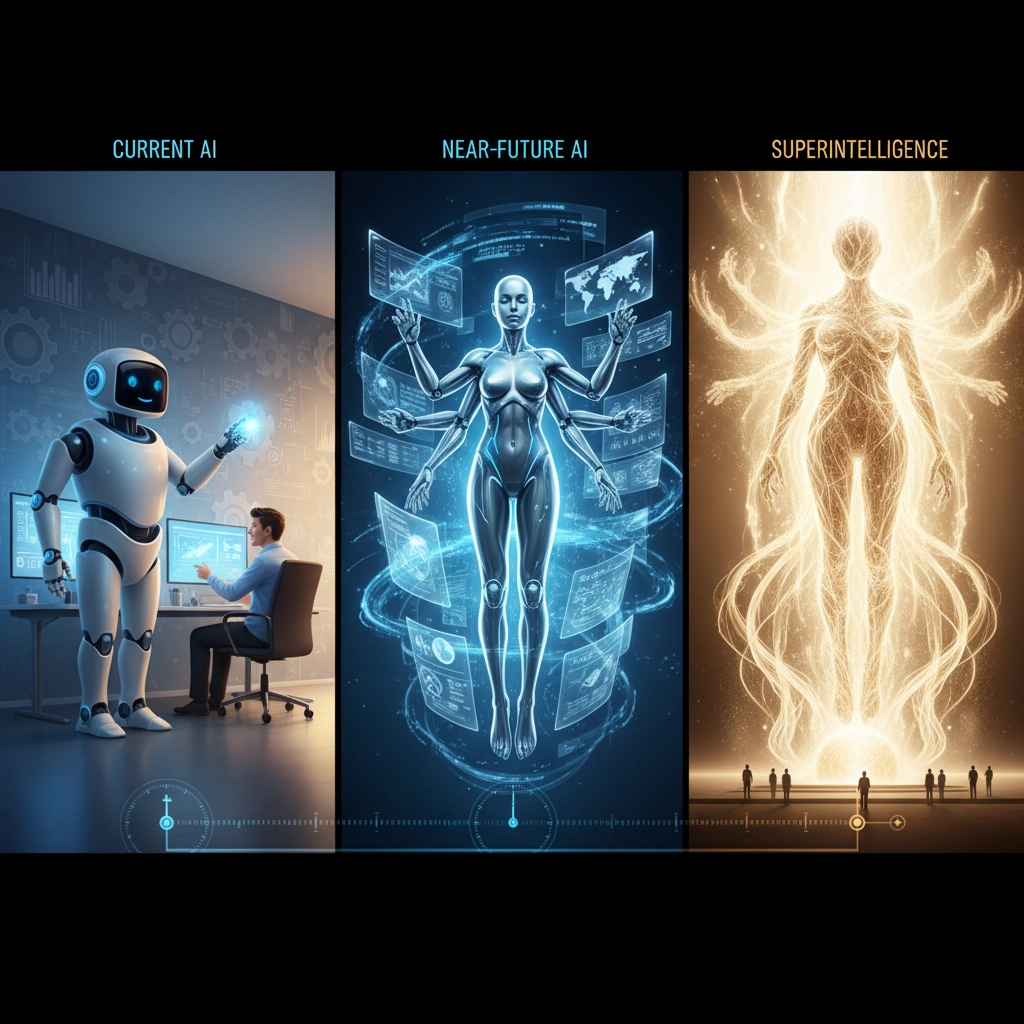
The letter emphasizes that these systems could arrive much sooner than people think: potentially within one to two years. That timeline should make anyone pause and think.
Should You Actually Be Worried?
This is the million-dollar question, isn't it? The honest answer is: it depends on who you ask and how much you trust the people making these warnings.
The case for being worried: When Geoffrey Hinton, literally called the "Godfather of AI" for his pioneering work: says he's concerned about his own creation, that carries serious weight. These aren't random protesters or technophobes. These are the people who understand AI better than anyone else on the planet, and they're saying "hold up, this is moving too fast."
The competitive pressure between tech companies is real. OpenAI, Google, and Meta are all racing to build more powerful systems, and that kind of competition can lead to cutting corners on safety. It's like a bunch of teenagers drag racing: exciting until someone gets hurt.
The case for staying calm: Critics argue that AI development has been overhyped before, and we're still far from creating anything that truly threatens humanity. Self-driving cars still can't handle a simple parking lot consistently, so maybe superintelligence is further away than these leaders think.
Plus, completely banning development might just push it underground or to countries with fewer safety standards. Would you rather have AI development happening in democratic countries with oversight, or in places where nobody gets to ask questions?

Here's what's interesting though: even the people who think the letter goes too far generally agree that we need better oversight and safety measures. The debate isn't really about whether we should be careful: it's about how careful and what that looks like in practice.
The letter asks for something pretty reasonable when you break it down: they want "broad scientific consensus that it will be done safely and controllably, and strong public buy-in" before anyone creates superintelligence. That's basically saying "let's make sure we know what we're doing before we do something irreversible."
But here's the thing that keeps me up at night: we're having this conversation while tech companies are already spending billions trying to build these systems. It's like debating whether we should build nuclear weapons while the uranium is already being enriched in the basement.
The signatories aren't asking us to go back to typewriters and telegraph machines. They're asking for a pause on one specific type of AI development until we can figure out how to do it safely. Given that we're talking about technology that could potentially outsmart every human who ever lived, maybe taking some time to think it through isn't such a bad idea.
What do you think: are these tech leaders being overly cautious, or are they the canaries in the coal mine trying to warn us about something we can't see coming?

